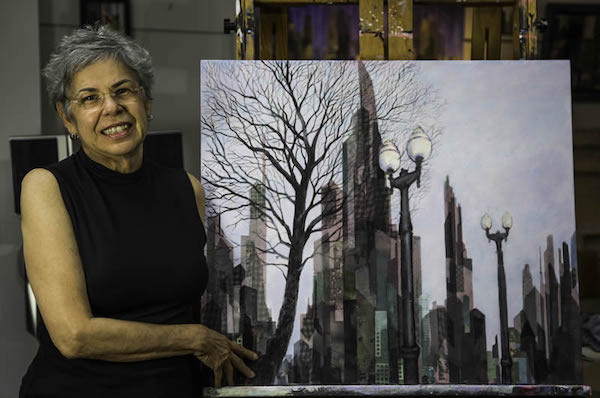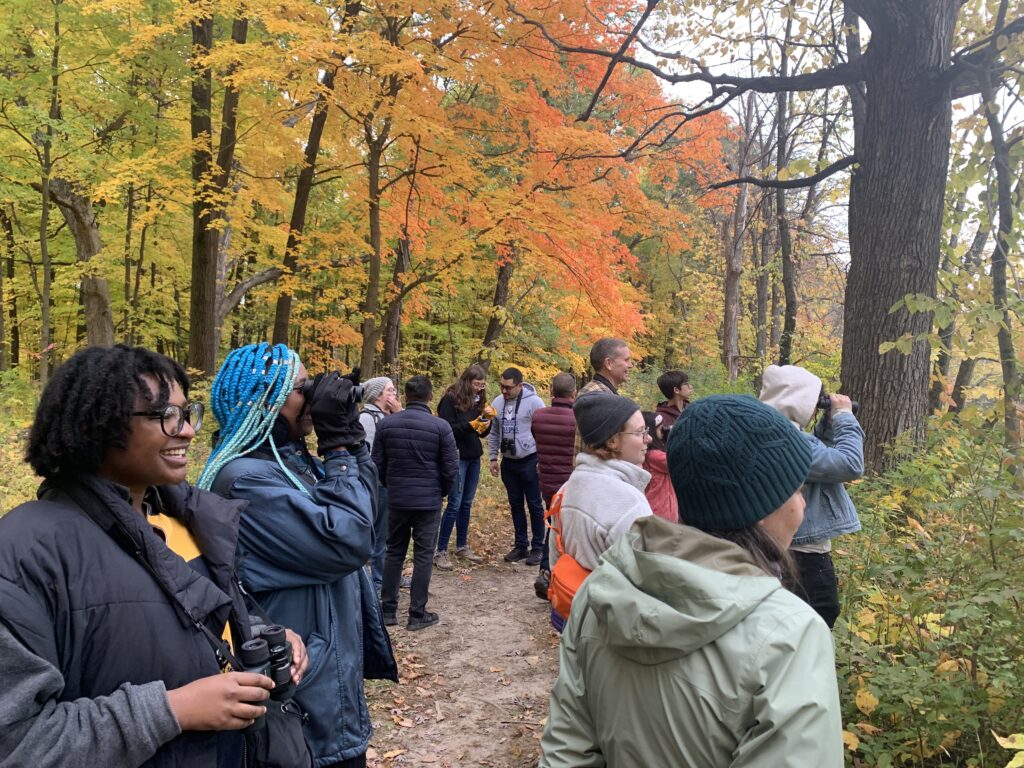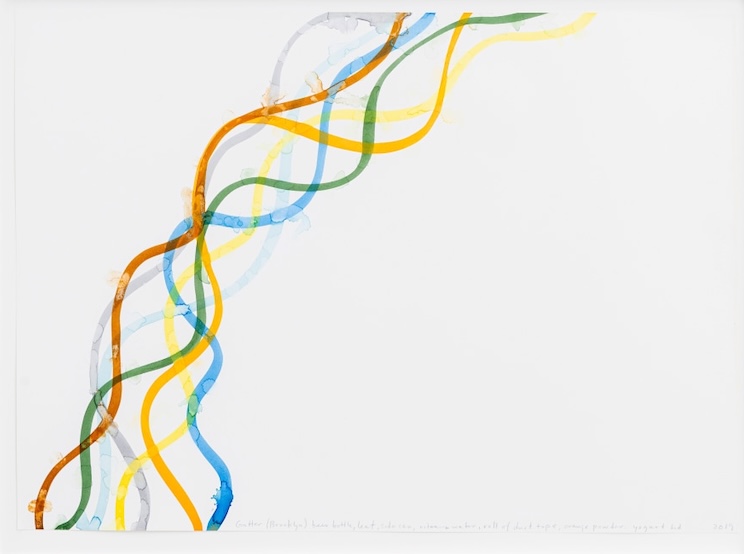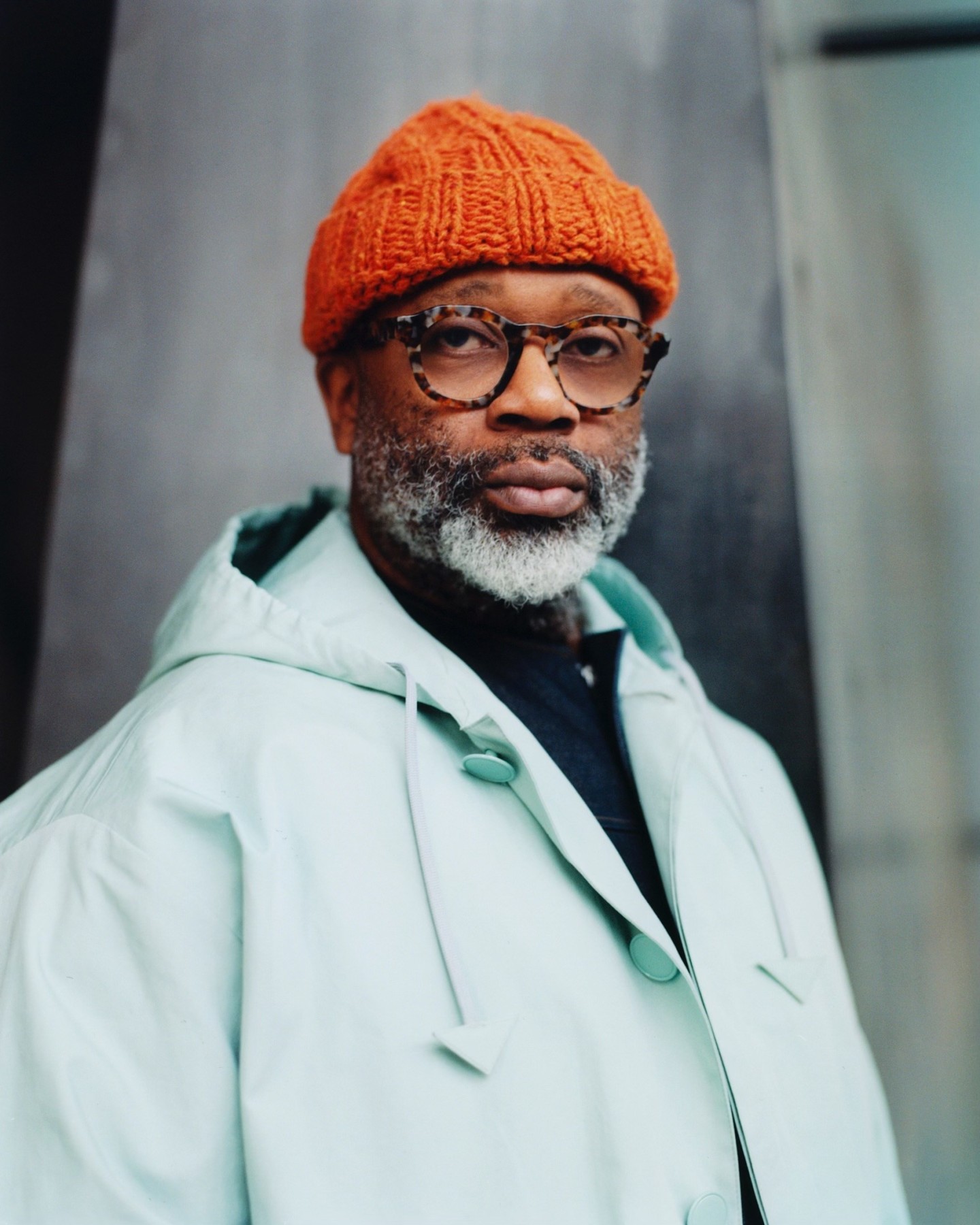Mayor Lightfoot Announces $1 Million Boost to City's Cultural Funding


Via PR
CHICAGO—Mayor Lori E. Lightfoot announced today that the City of Chicago will increase funding for cultural grants by $1 million, fulfilling a commitment to prioritize equitable grantmaking and microfinancing to individual artists, organizations and arts corridors throughout Chicago — particularly in communities of need. This new investment increases the Department of Cultural Affairs and Special Events (DCASE) Cultural Grants Program budget by 59% from $1.7 million to $2.7 million. At least $500,000 will be restricted for projects taking place on the South and West sides, and in wards that have traditionally been least served by the Program.
“The arts are powerful. Now more than ever, it is essential that we lift up and invest in our unparalleled Chicago artists,” said Mayor Lightfoot. “A robust Chicago arts community inspires us, engages us, questions the status quo and has the power to bring our diverse city together in conversation around the critical challenges of our day.”
DCASE is primarily funded by the Special Events and Hotel Tax Fund and revenues from this tax are used to support the promotion of cultural activities. There are no Corporate Fund dollars being used for this increase.
This year’s budget proposes the following:
- $300,000 in increased funding for the former Microgrant Program, which will be re-named the Neighborhood Access Program and offer grants up to $50,000 for arts projects that are increasing diversity, access and inclusion in under-resourced neighborhoods. This program will be open to individuals and all types of nonprofit organizations.
- $110,000 for additional grants distributed through the existing Individual Artists Program for projects in alignment with DCASE’s “Year of” themes and for new “Esteemed Artist Awards,” which will range in size from $10,000 – $15,000 and can be applied to any expenses associated with an artist’s practice.
- $140,000 in increased general operating support for arts and cultural organizations (which has grown by 58% over the past three years), distributed through the existing CityArts Program.
- $350,000 for additional sector-building project grants in alignment with DCASE’s “Year of” themes — also distributed through the CityArts Program.
Additionally, a $100,000 increase will be allocated to arts education and to covering production costs for DCASE’s ArtsSpace public programming grantees.
“Today marks an exciting time for the City as we celebrate our vibrant cultural community and begin the work to further improve access to the arts in every neighborhood throughout Chicago,” said DCASE Commissioner Mark Kelly. “Mayor Lightfoot’s increased funding will ensure that more local artists have an opportunity to develop their talents and skills and share them with the world.”
“There is no question that the arts are vital to a neighborhood’s spirit and the quality of life for our residents,” said Ald. Nicholas Sposato (38th), Chair of the Committee on Special Events, Cultural Affairs and Recreation. “I am pleased that more Chicago artists and community organizations will be supported through this increase, without tapping the Corporate Fund.”
Since 1984, the Cultural Grants Program has served as a catalyst to foster a robust, healthy arts community where artists, non-profit arts and culture and creative industries thrive. DCASE now offers competitive grants in the following three categories. For more information and to apply, please visit chicagoculturalgrants.org.
Individual Artists Program
Through project grants, the Individual Artists Program aims to assist Chicago’s practicing artists in creating work that develops their craft and elevates their careers, while adding to the cultural vitality of the city of Chicago. In 2020, all applicants to the IAP Program will also be considered for a special new grant — the Esteemed Artist Awards, which may be applied to any expenses associated with an artist’s practice.
- Project grants range from $500 – $5,000; ~100 grants per year.
- Esteemed Artist Awards range from $10,000 – $15,000; 1–15 grants per year.
- The application is currently open with a deadline of December 5, 2019 at 5pm CST.
CityArts Program
Nonprofit arts and culture organizations of all sizes may apply for general operating grants and project grants through the CityArts Program. In 2020, the project grants will support initiatives that have the potential to impact the music sector at large, as part of the Year of Chicago Music. Sector-building project grants may fund research, audience development, professional development and training — and/or partnerships and programs that could serve as replicable models for the industry.
- General operating grants range from $2,000 – $25,000; ~150 grants per year.
- Project grants range from $5,000 – $50,000; 5–25 grants per year.
- The application will open in January 2020 with a deadline in February 2020.
Neighborhood Access Program
This new grant program will support arts projects highlighting diversity, access and inclusion taking place in South and West Side neighborhoods and in under-served wards. Funding will extend to social services and community organizations including SSAs and chambers of commerce, libraries, parks, transit and family services agencies; religious institutions providing significant services that are non-religious in nature, and individual artists working in partnership with an organization or fiscal sponsor.
- Grants will range from $5,000 – $50,000; 10–40 grants per year.
- More information about this program will be available in February 2020.
Pending approval by City Council, DCASE will incorporate the $1 million increase into the Cultural Grants Program budget and work with Aldermen to make their constituents aware of upcoming grant opportunities and deadlines. Grant awards are decided through a competitive process using panels of external members of the arts and culture sector.
Editor's Picks
Related:






